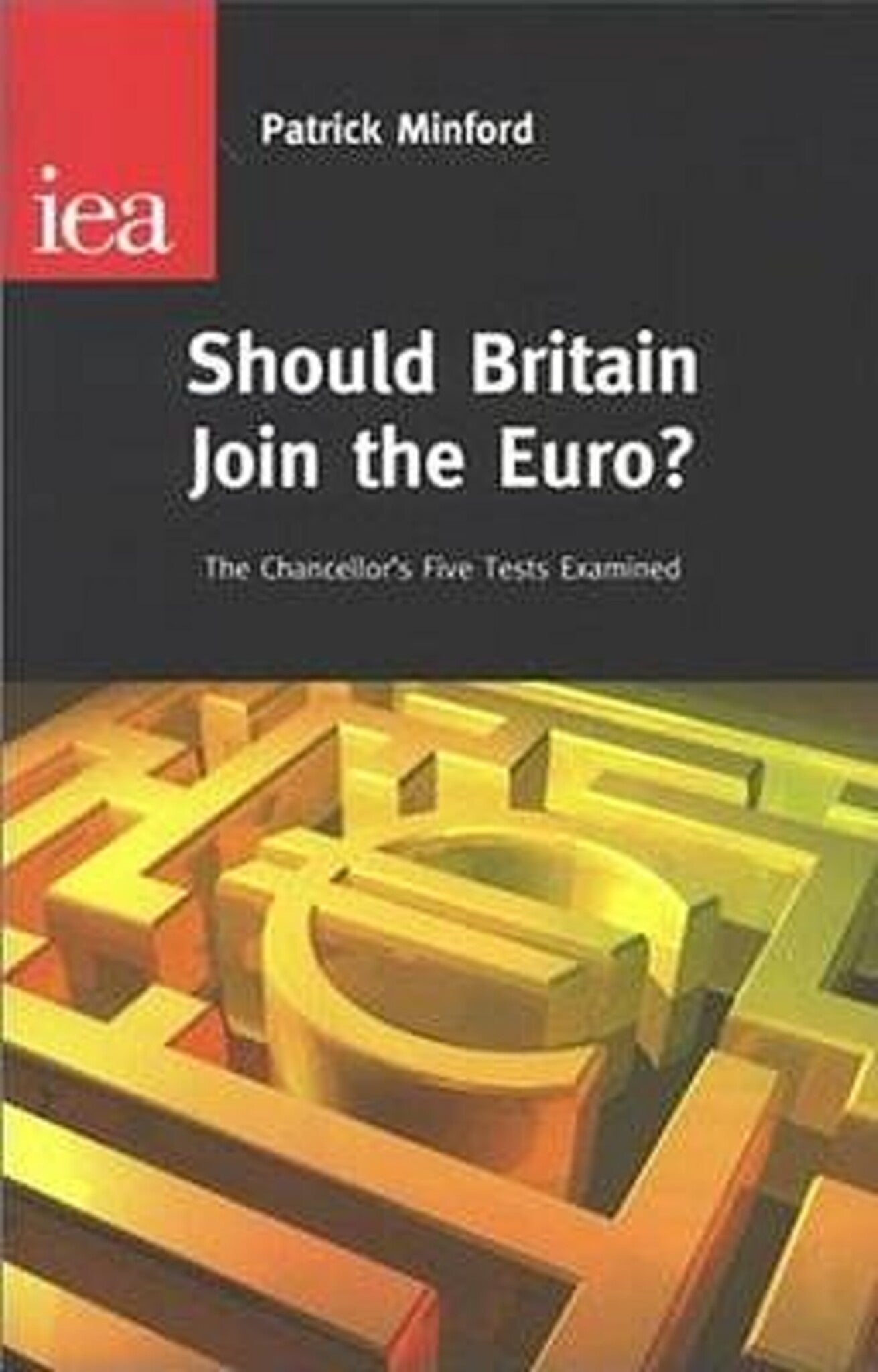We're sorry. An error has occurred
Please cancel or retry.
Should Britain Join the Euro?
Regular price
£7.50
Sale price
£7.50
Regular price
£7.50
Unit price
/
per
Sale
Sold out
Re-stocking soon
European economic and monetary union is driven by politics. This work argues that the economic costs and benefits of Britain's membership can and should be assessed. This is an analysis of the case...
Read More

Some error occured while loading the Quick View. Please close the Quick View and try reloading the page.
Couldn't load pickup availability
- Format:
-
20 August 2002

European economic and monetary union is driven by politics, but the economic costs and benefits of Britain's membership can and should be assessed, argues Professor Patrick Minford in this careful and succinct analysis of the cases for and against Britain adopting the Euro. The core argument in favour is the reduction of exchange-rate risk, but because the Euro is a regional currency that has fluctuated considerably against the dollar, exchange-rate variability might not be less under the Euro and could even increase. In any case, financial markets can diversify away such risks. Minford sees substantial costs of membership: increased variability of UK output, employment and prices in response to shocks; damaging harmonisation of tax rates, social support and regulation; and the possibility that British taxpayers will have to meet some of the costs of big projected state pension deficits in Germany, France and Italy. He concludes that EMU, 'as it is constituted and planned would be strongly against British interests to join'.

Price: £7.50
Pages: 69
Publisher: London Publishing Partnership
Imprint: IEA
Series: Institute of Economic Affairs: Occasional Papers
Publication Date:
20 August 2002
Trim Size: 5.12 X 7.88 in
ISBN: 9780255365277
Format: Paperback
BISACs:




